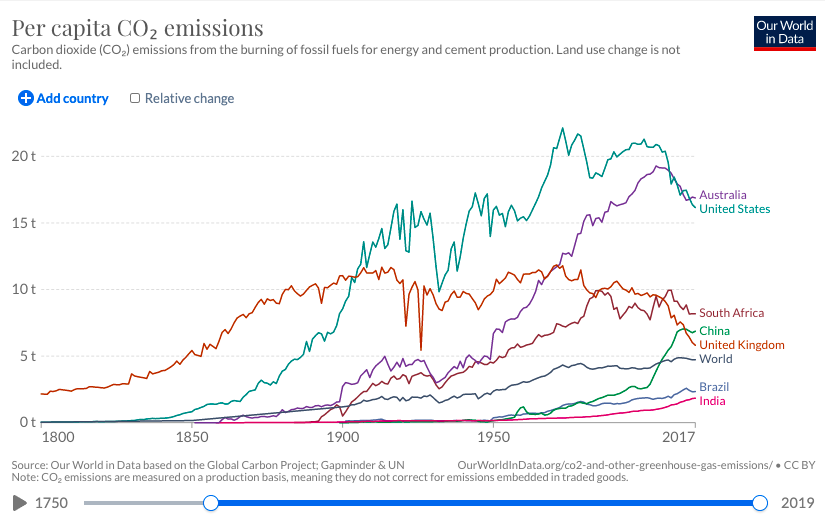
Just 48 hours after the shocking #IPCCReport dropped, some very good climate news in Australia this morning that shows our biggest businesses are taking action. It is a big deal and here is why:
This morning, Tomago Aluminium Smelter, the single largest user of electricity in Australia, announced that it will be powered by ‘mostly renewables’ by 2029. This is huge and signals unstoppable momentum away from coal which is the number one driver of climate change.
Tomago is the biggest customer of @AGLAustralia which is Australia’s single largest domestic climate polluter, responsible for 8% of Australia’s annual greenhouse gas emissions. AGL owns three coal-burning power stations: Bayswater, Liddell and Loy Yang A.
Liddell is already closing in 2023. Tomago’s shift to “mostly renewables’ will take away more than half of Bayswater’s demand which means that Bayswater is completely nonviable beyond 2029.
The 2029 date is so crucial, because 2030 is the latest cut-off date by which all coal-burning power stations need to close in developed countries according to the International Energy Agency modelling.
On the back of the #IPCCReport and call for action, this is massive, signalling the end for polluting Bayswater coal station - which is one of the worst polluting coal-burning power stations in Australia.
@RioTinto, the majority owner of Tomago, has been under intense scrutiny and this is a very welcome move. Community expectation is that all responsible businesses are transitioning to 100% renewable energy in line with the Paris Climate goal.
There is a caveat. Tomago has mentioned the use of gas as a backup after transitioning from coal. This is unacceptable and unnecessary given that renewable energy options exist. Rio must exclude climate-destroying fossil fuels like gas.
Meanwhile, the case study of @AGLAustralia as a #businessfail just grows more extreme by the day: independentaustralia.net/business/busin…
The only business future for @AGLAustralia is to commit to closing Bayswater and Loy Yang A before 2030 and to become a pure-play renewable energy provider. $AGL
This is a good moment for the climate and for the people of Australia. Over to you @AGLAustralia … are you going to keep contributing to the destruction of the planet and your shareholders’ value? Or are you going to do the right thing? #IPCCReport $AGL #auspol
• • •
Missing some Tweet in this thread? You can try to
force a refresh




